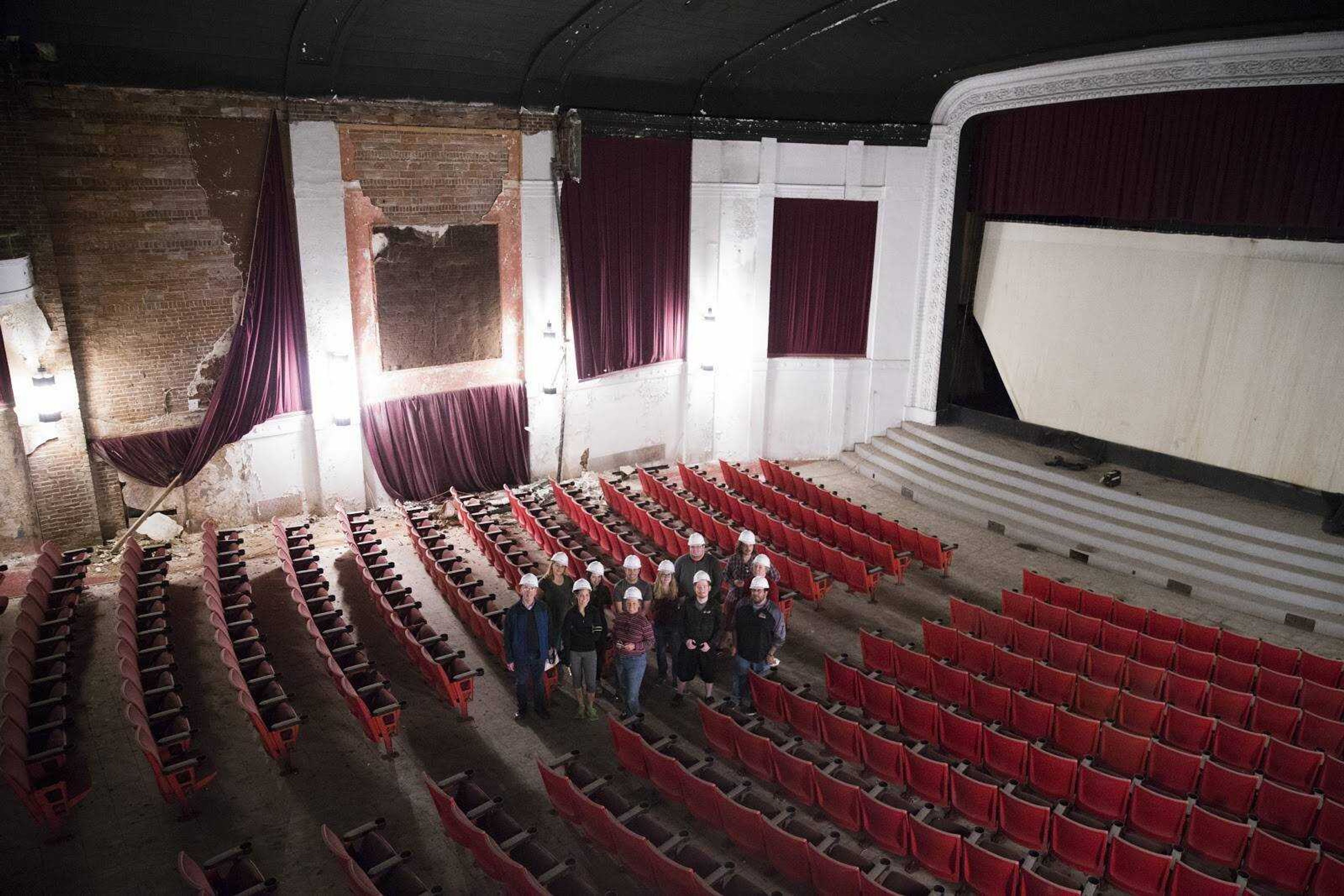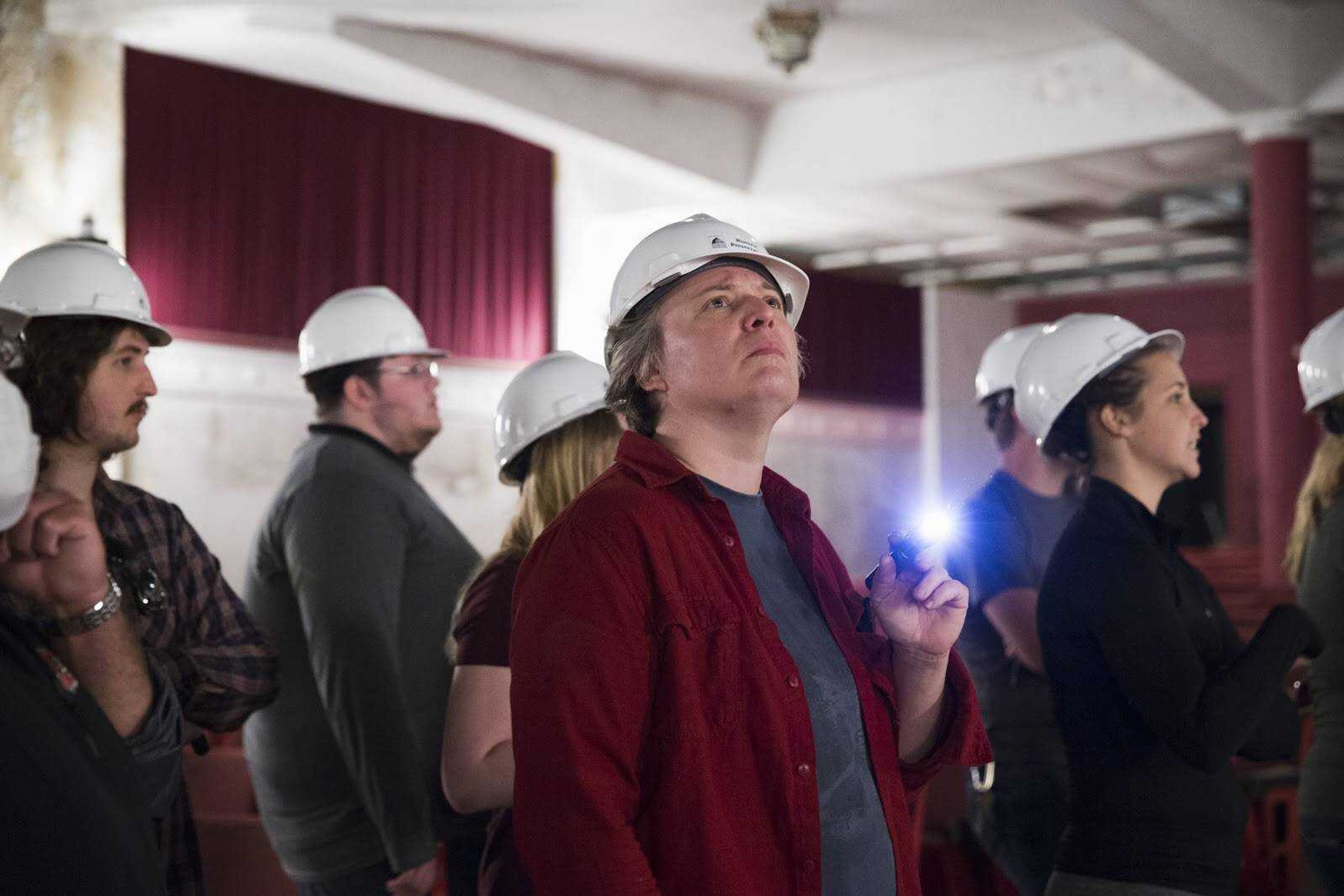Historic Preservation Program adjusts to out-of-the-field work during pandemic
How do students in an in-the-field discipline like historic preservation continue to operate and learn during a pandemic?
How do students in an in-the-field discipline like historic preservation continue to operate and learn during a pandemic?
Coordinator of the Historic Preservation Program Steven Hoffman said many of his class’ projects would be hindered by the inability to visit the locations they are researching.
In addition to those students who may still be living locally, Missouri residents have a stay-at-home order to comply with since Monday, April 6th.
One of their major projects is to draft nominations for historic locations that could be named to the National Register of Historic Places.
Though classes usually only get a draft done, some go on to submit their nominations to the National Register.
However, Hoffman said students are “severely restricted” in gathering primary sources for the National Register project because of the state of lockdown. Even secondary sources are limited, he said.
“They can only get things that have already been digitized,” he said. “But they can still learn the process.”
During this time, Hoffman said there are different standards necessary for work, like accepting different material about the researched sites like photographs from Google Street View.
The workload later on will be greater after the drafts are done because of the pandemic and limitations because of the lack of research they can do at this point, Hoffman said, as further research will be required.
The Historic Preservation program at Southeast, with undergrad students and graduates, has made a significant impact on how many places in the Cape Girardeau are on the register, being responsible for 24 of the 33 locations.
This year, one of the prospective nominations that may be sent to the National Register of Historic Places is a house on Hanover Street in Cape Girardeau associated with the Green Book, a travel guidebook for African Americans which identified safe places to stay during the Jim Crow era.

However, Hoffman said the students involved can expect a delay in moving the project along because of the lack of resources that can be accessed to make the necessary research possible.
“If we had started at the beginning, knowing we were going to be doing this remotely, we might have conceptualized some things differently,” he said. “By being in lockdown, we've really had to just restructure things.”
Every spring, one of Hoffman’s classes does a historic resource survey for the city of Cape Girardeau’s Historic Preservation Commission. That project will be canceled, he said.
“That's part of their requirements as a certified local government is to engage in survey activity and so we fulfill that function for them,” he said.
He does not, however, expect any negative ramifications for the city, because he anticipates requirements to be more relaxed due to the lockdown situation.






